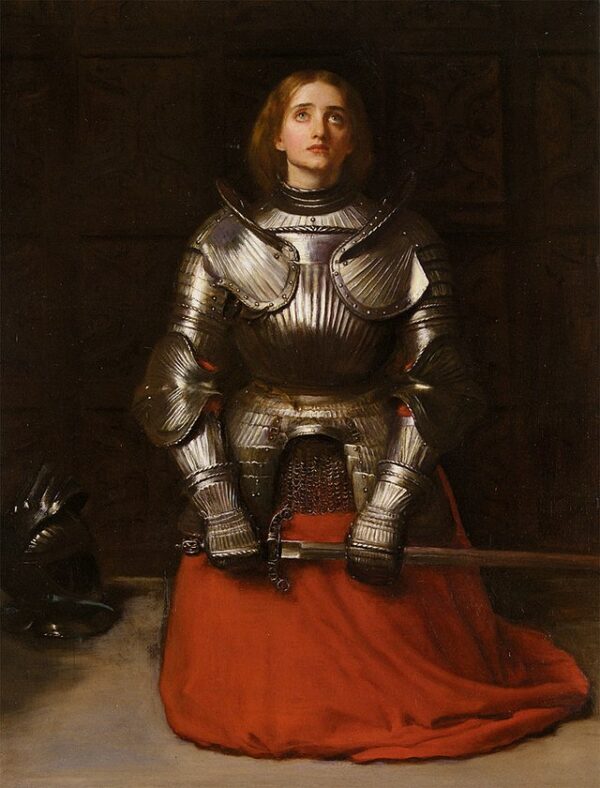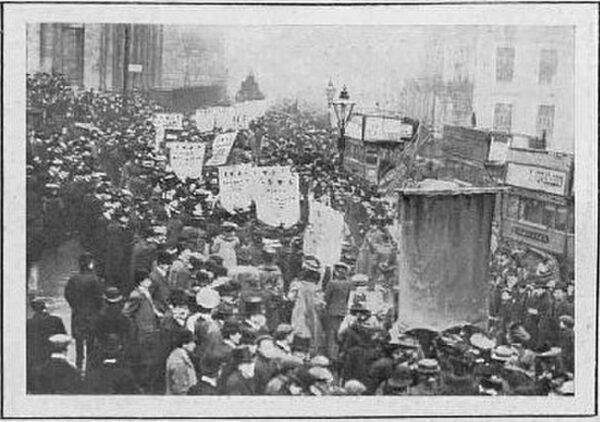Joan of Arc’s pivotal role in lifting the Siege of Orléans during the Hundred Years’ War marked a turning point in the conflict and solidified her as a legendary figure in French history. Born into a peasant family in Domrémy in 1412, Joan experienced divine visions and heard voices, which she interpreted as a call from God to aid the French cause.
In the spring of 1429, the city of Orléans was besieged by English forces, a critical stronghold that, if captured, would have dealt a severe blow to French morale and territorial integrity. Recognizing the urgency of the situation, Joan, at seventeen, convinced the Dauphin Charles VII to grant her authority to lead the French army to the relief of Orléans.
Clad in armor and bearing her standard emblazoned with the words “Jhesus Maria,” Joan’s presence on the battlefield was both inspirational and strategic. With her unwavering faith and charismatic leadership, she rallied the demoralized French troops, instilling in them a renewed sense of purpose and determination.
Joan’s military tactics were as audacious as they were effective. She led daring sorties against English fortifications and employed clever feints to outmaneuver the enemy. Her unorthodox approach, coupled with her divine conviction, confounded the English commanders and emboldened the French soldiers.
But it was not just Joan’s military acumen that turned the tide of the siege; it was her moral authority and unwavering faith that inspired the French to rise above their doubts and fears. Her piety and humility endeared her to the common people, who saw in her a symbol of hope and divine intervention.
After months of grueling siege warfare, the French army, under Joan’s audacious and determined leadership, achieved a decisive victory on May 8, 1429. The English, taken aback by Joan’s audacity and determination, lifted the siege and retreated in disarray. Orléans was saved, and France rejoiced at the miraculous turn of events.
The lifting of the Siege of Orléans was a watershed moment in the Hundred Years’ War, signaling a shift in momentum in favor of the French. Joan’s bravery, faith, and unwavering conviction had proven instrumental in securing a crucial victory against seemingly insurmountable odds.
Despite her eventual capture, trial, and martyrdom at the hands of the English, Joan’s legacy endured long after her death. She was canonized as a saint by the Catholic Church in 1920 and remains a revered symbol of French nationalism and resistance against foreign aggression. Her story continues to inspire generations, serving as a reminder of the power of faith, courage, and conviction to overcome adversity and shape the course of history.






